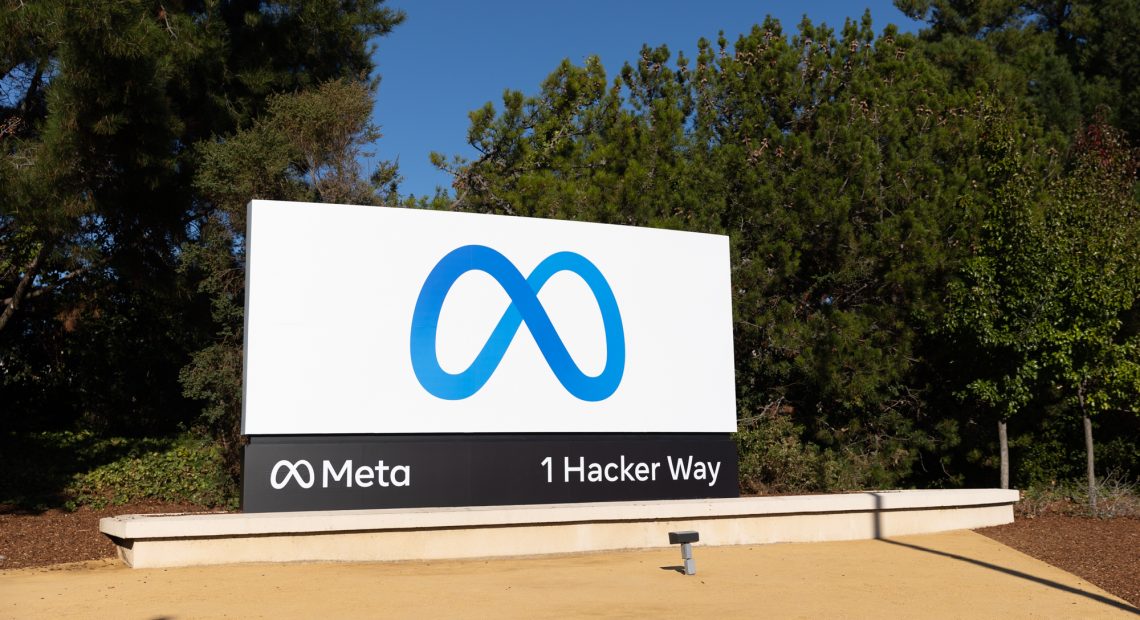
Meta Increases Executive Bonuses Amidst Significant Layoffs
In a move that has sparked significant controversy, Meta Platforms Inc. has announced substantial increases in executive bonuses shortly after implementing significant workforce reductions. The company laid off approximately 3,600 employees, representing about 5% of its global workforce, citing the need to eliminate low performers and enhance operational efficiency. Concurrently, Meta’s board approved a new compensation structure that raises executive bonuses to as much as 200% of their base salaries, a significant increase from the previous cap of 75%.
This decision has been met with widespread criticism, with many accusing Meta of prioritizing executive compensation over employee welfare. Former employees have challenged the company’s rationale for the layoffs, suggesting that the cuts were more financially motivated than performance-based. The juxtaposition of substantial executive bonuses with significant staff reductions has raised ethical concerns and sparked debates about corporate governance and responsibility.
Meta’s leadership has defended the bonus adjustments, stating that the changes are intended to align executive compensation with industry standards and to retain top talent in a competitive market. The company emphasized that, prior to this adjustment, its executive pay was below the 15th percentile compared to peer companies. Notably, CEO Mark Zuckerberg is excluded from this bonus increase, as his compensation structure differs from that of other executives.
In addition to the changes in executive compensation, Meta has also reduced the value of annual equity awards for its broader employee base by approximately 10%. This reduction affects the restricted stock units granted to employees, which vest over a period of four years and constitute a significant portion of their total compensation. The company has indicated that this adjustment is part of a broader strategy to reallocate resources towards key investment areas, particularly in artificial intelligence and infrastructure development.
These developments occur amidst a broader trend of cost-cutting and restructuring within the tech industry. Companies are reevaluating their operational strategies and compensation structures in response to evolving market conditions and competitive pressures. However, Meta’s approach has ignited a particularly intense debate due to the simultaneous implementation of workforce reductions and significant increases in executive compensation. This situation highlights the complex challenges companies face in balancing fiscal responsibility, talent retention, and ethical considerations in corporate governance.


















